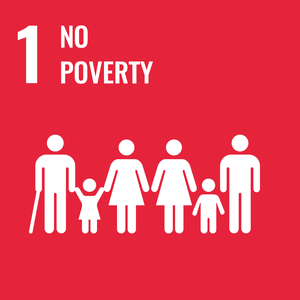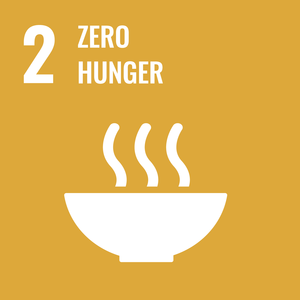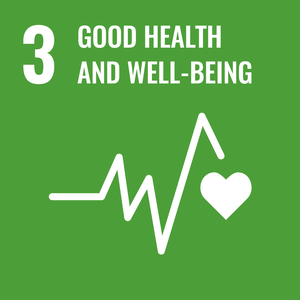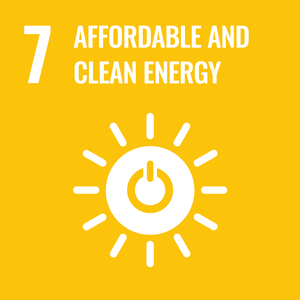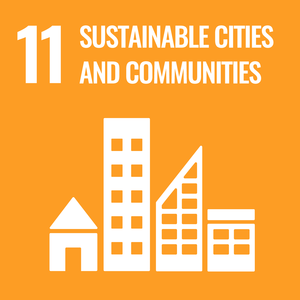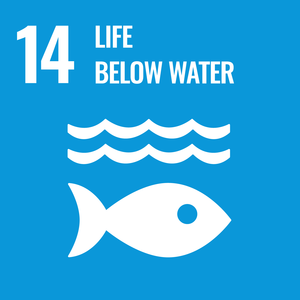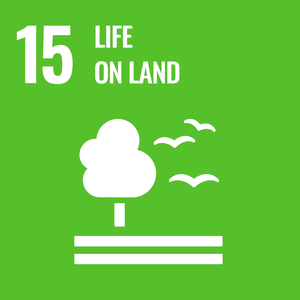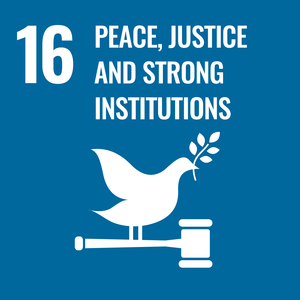About the specialisation
The sustainable development paradigm aims to provide the optimal political, institutional, economic, environmental and security conditions for social change and to improve human life worldwide. Many international organisations shape and implement developmental policies, including the United Nations, World Bank, International Monetary Fund, World Trade Organization, and the European Union. All of them are inspired today by the Sustainable Development Agenda 2030, adopted by the United Nations.
Our globalised world is transforming rapidly and features an increasing complexity of challenges influencing these developmental ambitions. Wars, human rights violations, trade protectionism, and climate change require comprehensive actions to create opportunities for development for individuals and communities.
This specialisation provides students with advanced analytical knowledge and professional skills necessary for participation in the global governance of developmental policies. Courses cover the five P dimensions of the Sustainable Development Goals (people, prosperity, peace, planet and partnerships). We study the partnership mechanisms enhancing people’s participation and contribution to human development, the norms and rules for trade relations to create prosperity, and the mechanisms and instruments to establish peace conditions for development and to govern our planetary challenges of climate change and energy transition. Given the nature of global development challenges, the specialisation of Global Governance for Development is interdisciplinary and combines the academic disciplines of international relations, political science, economy, and law.
Our specialisation also offers the real-life experience of the governance of global partnerships for development by engaging with experts and practitioners from different international organisations. As a result, students will be prepared to start their careers in international organizations, public administration, nonprofit entities, or the private sector as future professionals in global development.
SDGs covered
This specialisation covers the following SDGs as an interconnected system of sustainable development in the five dimensions of People, Prosperity, Peace, Planet and Partnerships:
Testimonials from alumni
(The below testimonial is from a previous specialisation – Foreign Policy and Development – which was merged into Global Governance for Development; the current specialisation provides students with similar employment opportunities.)
Constantin Keith
2021-2022 MPP cohort:
“In our globalised world, international cooperation lies at the heart of solving the most threatening challenges of our time such as poverty, climate change and social inequality. Based on this understanding, I chose the specialisation Foreign Policy and Development to further develop my skillset to navigate the world of international relations and drive societal change.
The first course on international trade served as a great introduction to the dynamics of a globalised economy by examining the role of global value chains in depth. The Law and Policy of the WTO provided an additional legal perspective to the functioning of world trade by teaching the necessary legal framework, which I found extremely helpful and stimulating. In addition to gaining insights into the role of peace and conflict on development, the course Human Rights and Development rounded off the specialisation by introducing the human rights-based approach.
Overall, I am very happy that I chose this specialisation as my expectations were exceeded and the learned skills are of high relevance in my area of interest, being international development and cooperation. Especially, the legal aspect of the course proved very useful and rewarding.”
Career Perspectives
Our graduates are currently employed in a wide range of professions in the public, non-profit and private sectors. Examples include:
Policy Officer, European Commission
Head of External Relations, UN World Food Programme
Policy Advisor, Deutsche Gesellschaft für Internationale Zusammenarbeit (GIZ) GmbH
Deputy Head of Unit European Affairs, Ministry of Social Affairs and Employment
Policy Advisor, European Trade Union Confederation
Portfolio Manager, Social Security and National Insurance Trust
National Parliamentary, Parliament of the Republic of Lithuania
Legal Officer, UNESCO
Ambassador of Democracy, the Rule of Law and Good Governance, Finnish Ministry of Foreign Affairs
Policy Advisor, Amnesty International India
Main teaching staff
Dr Michal Natorski
Dr Denise Prevost
Dr Tatiana Skripka
Dr Hampton Pui Hang Wong
Learn more about the specialisation
Our course catalogue page on the Maastricht University website
Registration / application information


